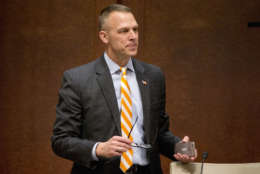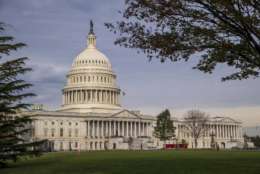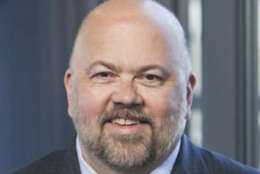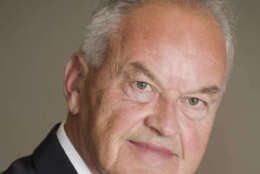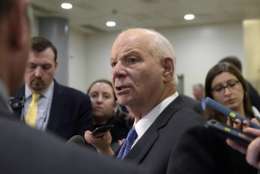federal pay
-
In an executive order Friday, the president directed that base and locality pay for 2019 stay at 2018 levels.
December 28, 2018 -
In today's Federal Newscast, while some members of Congress are trying to make sure federal employees can get paid during a potential shutdown, don't expect every member to feel sorry for them.
December 21, 2018 -
In today's Federal Newscast, a new study by the RAND Corporation analyzes how military pay stacks up against civilian pay over the last 20 years.
December 06, 2018 -
Before the end of 2018, Congress needs solutions for seven unfinished appropriations bills, plus a definitive answer on federal employee pay.
November 26, 2018 -
Amazon will shortly announce where on the East Coast it will move, bringing what are described as 50,000 “well-paying” tech jobs, and three Washington, D.C. metro area locations made the original short-list.
November 08, 2018 -
I believe we should go with the idea of “first, do no harm.” That means giving employees a pay raise that is equal to, or at least close to, the military pay raise.
September 12, 2018 -
A coalition of House Democrats from the District of Columbia, Maryland and Virginia are calling on congressional leadership to change course on the president's proposed federal pay freeze.
September 05, 2018 -
The Senate Appropriations Committee cleared a bill to give federal civilian employees a 1.9 percent pay raise in 2019.
June 22, 2018 -
Feds would all be better off if they recognize the differences and the similarities between D.C. and field employees, but commentator Jeff Neal is not optimistic that will happen any time soon.
April 04, 2018 -
Feds may be harder to fire but the private sector is largely protected from furloughs or the government shutdowns that have plagued their public sector counterparts.
March 23, 2018 -
Senior Correspondent Mike Causey has a few questions about some recent top news stories.
March 20, 2018 -
Federal News Radio correspondents Nicole Ogrysko, Eric White, Jory Heckman and David Thornton join host Mike Causey on this week's Your Turn to talk about the hottest topics on their beats and what may be ahead for active and retired feds. March 21, 2018
March 20, 2018 -
Senior Correspondent Mike Causey says you could make more money doing your same federal job if you did it in a different city.
March 09, 2018 -
How many agencies see how an Office of Personnel Management report can help them improve the way they reward their senior executives.
February 23, 2018 -
In today's Federal Newscast, Democratic lawmakers are worried the President's desired military parade would cost too much money.
February 12, 2018


